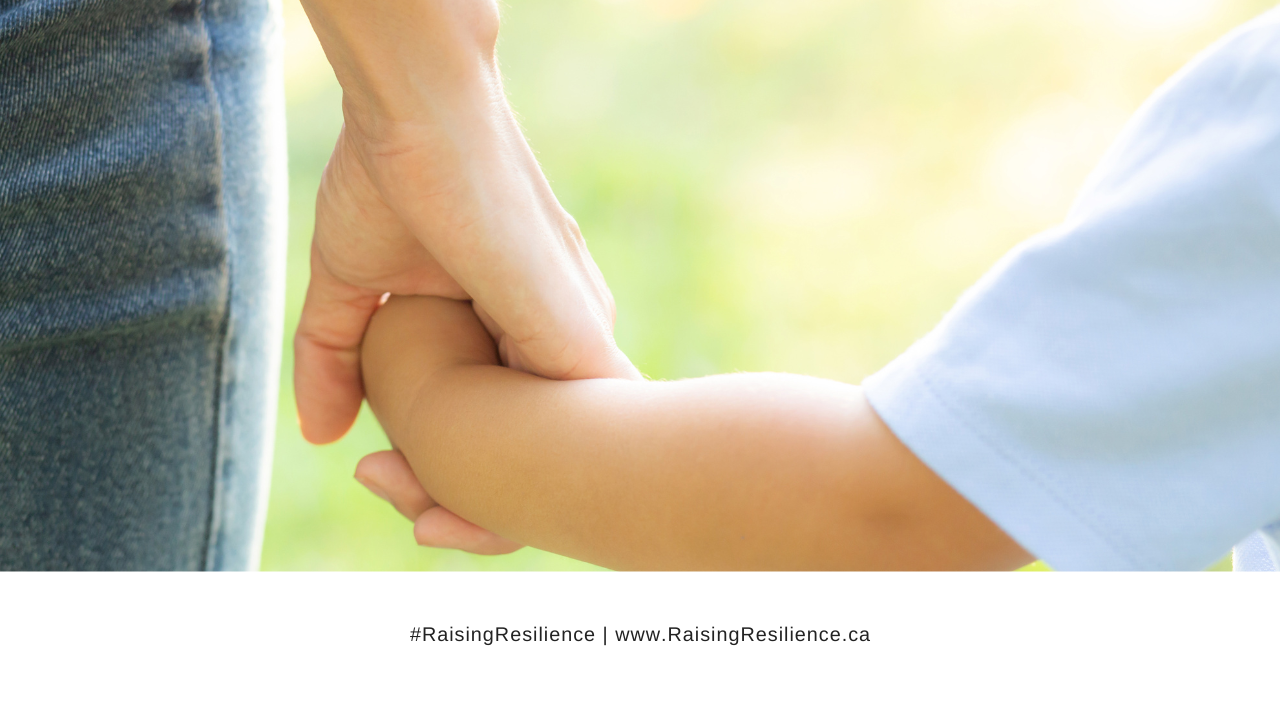Does My Child Even Have Anxiety? Or Is This Just Their Temperament?

It's a good question, and if it's a diagnosis you want it's really one to discuss with a qualified therapist. I'm not a therapist, but I'm a mother and I've worked with kids for 30+ years.
I think a more important question to ask is, "does my child have the resources to blossom to their fullest extent? Or are destructive thought patterns getting in their way?"
You - as their parent who has known them from birth and who is connected to them in more ways than you know - are more than qualified to answer that.
So here are some things to consider if you're wondering....
What Does Anxiety Look Like In A Child?
Fundamentally anxiety is centered around feeling fearful about the future. It's about feeling unsettled in the face of the unknown.
Kids are amazing at finding ways to adapt, so this kind of fear and unsettledness can look like a lot of things.
Lots of people live with anxiety without really knowing it. They just think it's normal to worry and stress. They might call themselves shy, or introverted. I've seen anxiety in kids labeled things like Oppositional Defiance Disorder and ADHD.
What I have found working with anxious kids is that kids with different temperaments will find different coping skills. This is why their anxiety can show up as vastly different behaviors.
Kids are amazing at adapting their behavior to create a situation that suits them. They often do this unconsciously, as a way to "place" themselves and make the unpredictable predictable.
Take the classroom environment, for example. David might cope with his anxiety by trying to blend into the background, while Sue might act out because the label "troublemaker" or "class clown" brings her a sense of security.
But behind both kids can lie a child who feels insecure and worried unless things are predictable. Genetics can be behind this, as can nutritional imbalances.
Common Behavior Patterns In Anxious Kids
In working with a lot of anxious kids, these are some of the patterns I see showing that anxiety can have a lot of different faces.
Empathetic & Thoughtful
I have found that regardless of whether they're boisterous or quiet, anxious kids are often extremely empathetic. They can be super sensitive to the energy and emotions of others and sometimes take those feelings on as their own.
One of my clients described how her daughter's anxiety hit a whole new level when she learned about the war in Ukraine because she felt so helpless.
I often hear stories of anxious kids becoming deeply hurt by teasing or off-handed remarks that another child might just brush aside. Anxiety often translates everything very literally, and anxious kids need to think deeply about things.
Frequently I hear anxious kids announce they want to be vegetarian because they worry about the animals.
Digestive Struggles
The brain and the body are connected, so anxiety in kids often has physical symptoms too.
One family came to me most worried about their 8-year-old's constipation and withholding. When I suggested anxiety might be at the root of the bowel issues they started asking their daughter different questions. Sure enough, her daughter was anxious about everything to do with school and this opened up a new direction from which to support her.
Picky or Fearful Around Food
Anxious kids are often fearful or doubtful of new foods. Sometimes this is just another area where they are fearful. Sometimes this is because they are supertasters or have sensory issues. Sometimes it has to do with struggling to swallow.
Intrusive Thoughts
Getting "stuck" in a spiral of negative and threatening thoughts that snowball in their mind can also be common. When we look at the genetics of kids with this temperament we often see slow activity in the COMT or MAO enzymes - workers in the body that help move neurotransmitters through the brain. It takes more time and energy for these kids to move through their emotions and they tend to get overwhelmed quickly and are prone to burnout. They benefit from specific nutritional support to balance out this tendency.
Need For Control
This can show up as compulsive thoughts or actions. It can show up as excessive perfectionist tendencies. It can show up as combative behavior and not wanting to be told what to do. It can show up as disordered eating. This kind of temperament can be a sign that excitatory neurotransmitters are overshadowning calming neurotransmitters. And it can feel very threatening for these kids to experience quiet and calm.
Each child is different. Anxiety can show up as a lot of things. Can you see your child in there somewhere?
An anxious child can be shy and quiet or angry or aggressive kid (and anywhere in between). It all depends on the coping tools they've found to help make the unpredictable predictable.
But if we can help anxious kids feel more secure by attending to their internal and external environments, we can help them feel better and find their superpowers.
And the great news is that we can do that with targetted nutrition and lifestyle strategies.
Next up I encourage you to read these posts:
The impact of neurotransmitters on mood and behavior
The impact of genetics on mood instability
3 things all parents need to know about the gut-brain connection
And please watch our masterclass for parents
Access it here to really dial in your understanding






